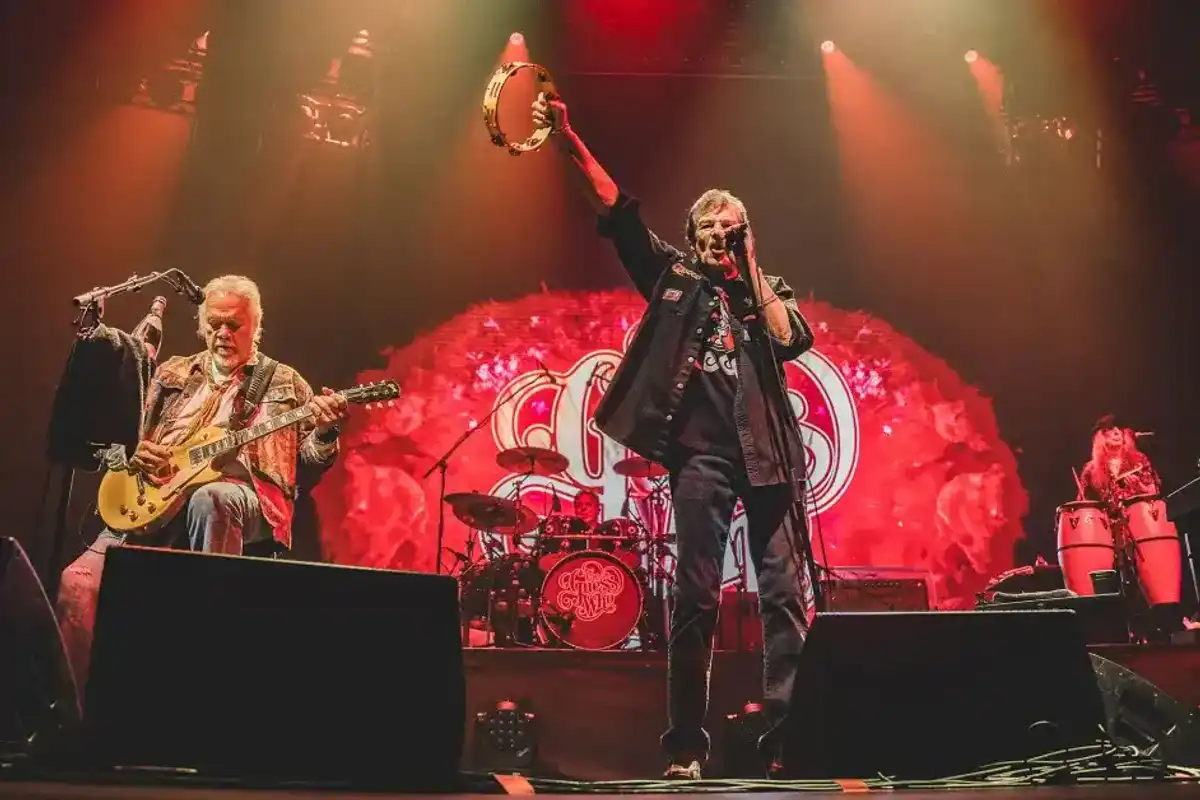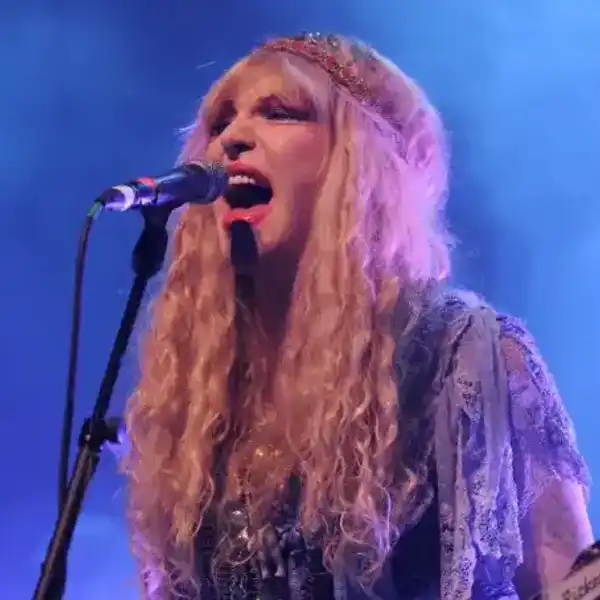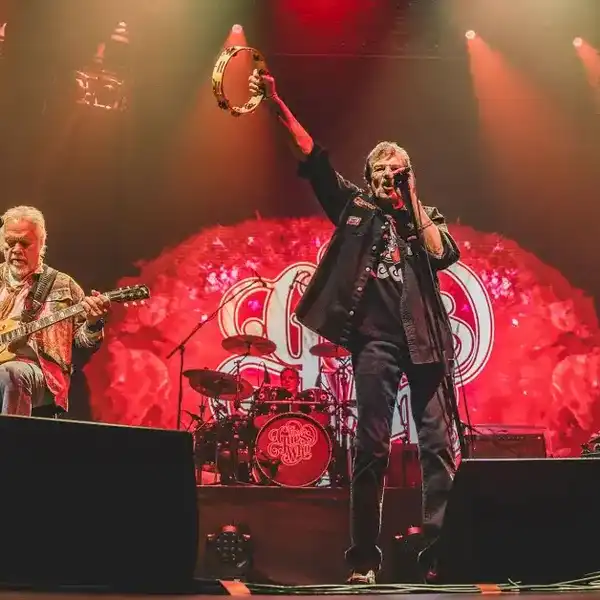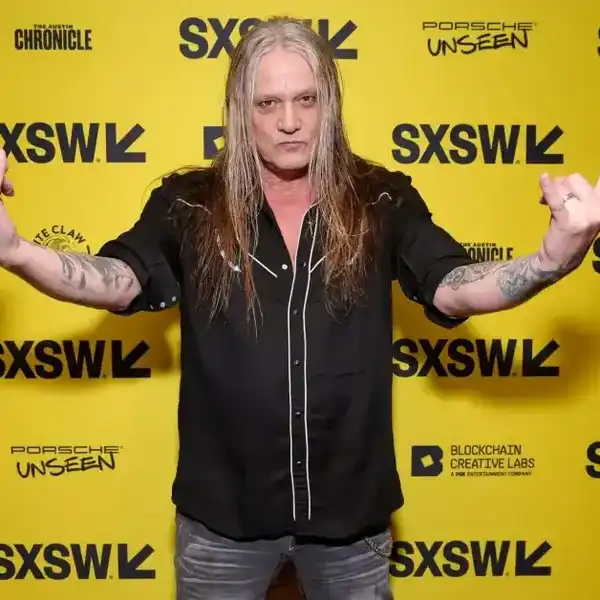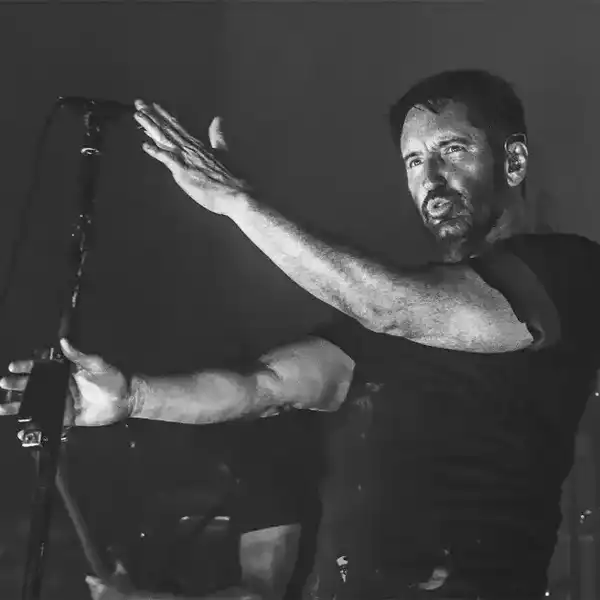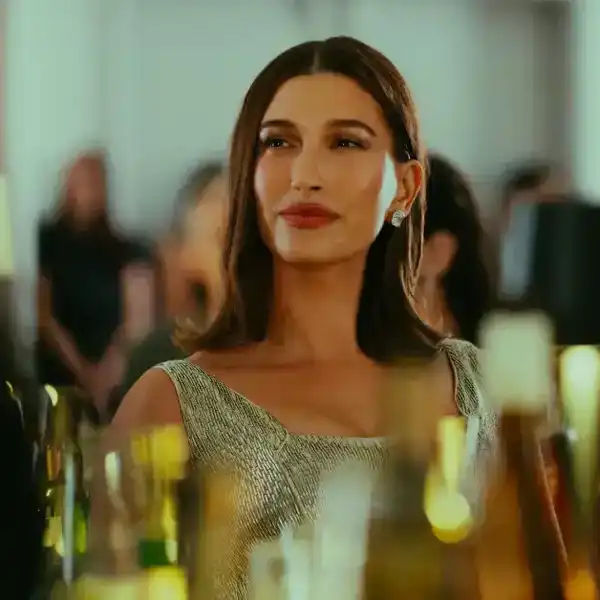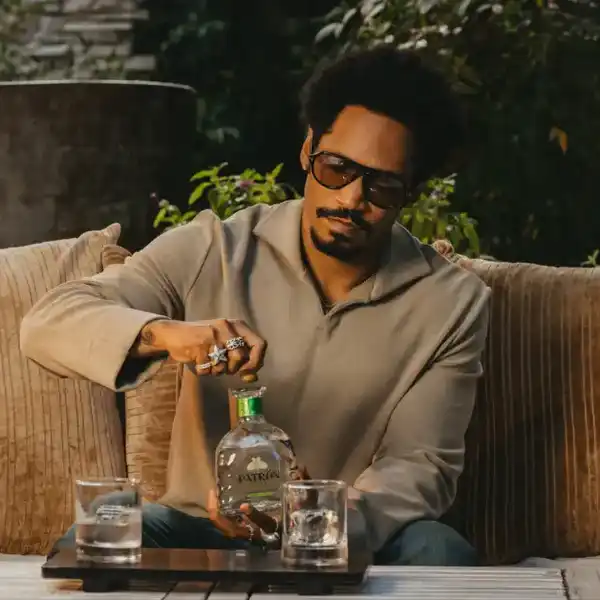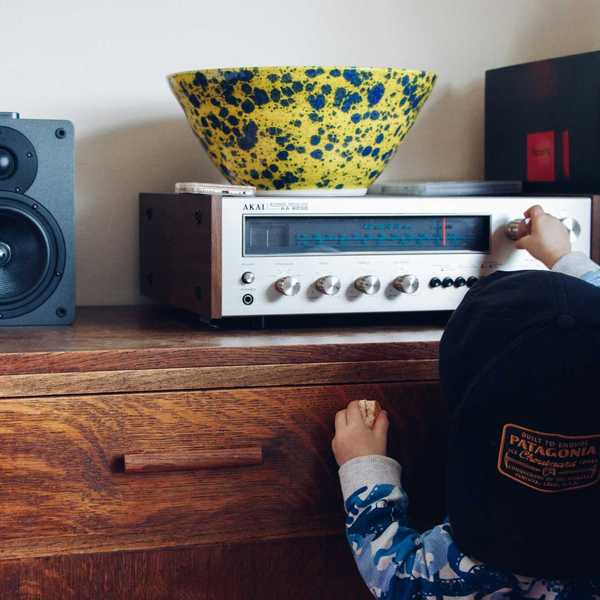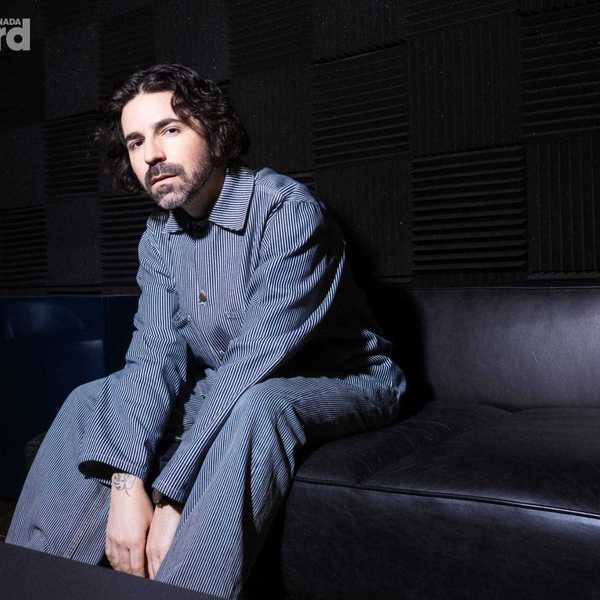Five Questions With… Andrea Ramolo
The Toronto singer/songwriter has impressed both solo and as one half of Scarlett Jane. Her new album is an homage to Leonard Cohen, and here she discusses her love of his work and her use of heartbreak as creative fuel.

By Jason Schneider
November 7, 2018, will mark the second anniversary of Leonard Cohen’s death, and his legacy will be celebrated then with the release of Andrea Ramolo’s Homage, a 10-song collection of some of Cohen’s best-loved works interpreted by the acclaimed Toronto singer/songwriter and produced by Michael Timmins of Cowboy Junkies.
Ramolo turned to Timmins—who also produced her 2017 Polaris Prize long-listed NUDA—to oversee Homage, which has been a true labour of love for Ramolo, underscored by it being a fully independent release. It has been said that Cohen’s songs truly take flight when sung by others, and the blending of Ramolo’s mesmerizing vocals within delicate musical settings creates a haunting atmosphere unique to other Cohen tributes. Like Timmins’ revered work with Cowboy Junkies, restraint is the key to the overall sound, offering stunning beauty and brooding tension in equal measure.
Along with her solo career, Ramolo was one-half of Scarlett Jane with Cindy Doire whose two albums released under Warner Music Canada were recognized with multiple Canadian Folk Music Award nominations. Ramolo was also nominated for a CFMA award on her own in 2011. Following that, Ramolo contributed to projects by Lee Harvey Osmond (where she crossed paths with Timmins), leading to the creation of NUDA. Homage stands as an essential next step in her journey.
Andrea Ramolo plays Crow Bar in Collingwood, Ontario on Nov. 6, and officially launches Homage on Nov. 7 at The Burdock in Toronto, with more cross-Canada dates to follow throughout the month. For more info go to andrearamolo.com.
What has always drawn you to Leonard Cohen's music?
I've always been drawn to darker works of art, and with music, in particular, I'm a fan of rich, unabashed poetry, sensual imagery, and songs composed in minor keys. Leonard is king of this. I love how his songs mix the sacred and the sexual, which is sort of how I view beauty and art and love anyways. Every composition is like a short film; it's like I knew exactly who Suzanne was and I could feel the breeze blowing in her hair when he sang about her. I wanted to be Suzanne, and Marianne, and Janis Joplin in “Chelsea Hotel.” I love how Leonard wrote about women—and about love and pain. He treated love like a religion, and I've always seen it like that too. His lyrics were also often quite prophetic, and he wasn't afraid to share his opinions on the state of disarray in the world in the most potent and clever ways.
What performances on the album are you particularly proud of and why?
“My Oh My” is a really cool recording that almost has a Portishead vibe to it. It's soulful and sparse but packs a punch. “Famous Blue Raincoat” also came out so haunting and beautiful. Michael Timmins did a stellar job at mixing that one. It's one of my favourite Cohen tunes. I'm also really fond of this out-of-the-box quirky and heavy interpretation we did of “Who By Fire” where I rearranged the timing of each of the verse lines, and we play around with a lot of silent pauses and abrupt noise. It's the most experimental we got on the recording.
But I have to say the heart and soul of this album, which was also the impetus for the entire recording, is the closing song “Hey, That's No Way To Say Goodbye.” We kept the first vocal take, and I asked Michael if I could try reciting this Italian goodbye poem I wrote for my ex-partner overtop of the instrumental. He loved it, so we kept it and the song feels more personal than ever to me now.
How would you describe your artistic evolution so far?
I jumped into this career head first over a decade ago, not having much experience at all as a touring musician and player. I knew a handful of guitar chords and didn't have much ownership over my voice, let alone a unique and developed sound. My first two albums helped get me on the road and into festivals and on people's radar, but the music I was making, although honest lyrically, was limited in style and technique.
I grew a lot when I started the duo Scarlett Jane with Cindy Doire. Being in a harmony duo had me working hard on developing and maturing my voice, and guitar playing and I got to a point where I become a cool rhythm guitar player. But I would have to say that my most significant creative evolution happened during the period where I wrote my 2017 album NUDA. It was an “existential crucible” as one writer called it. My writing evolved through the real-life pain and healing I was going through, and my own sound finally emerged. I wrote all the songs on a baritone guitar, and now that is the only thing I like to play when I write and tour solo. It's dark and ethereal sounding and creates a perfect undertone for my voice, which has also deepened over time.
It was during the writing and recording of that album that I found my inner voice and strength and confidence as an actual writer and musician and I think Homage is a nice continuation of that but with this other approach of taking one of my favourite writer's songs and making them sing in my way.
What's been the most significant change in your life over the past year?
I went through yet another break-up. Relationships are hard. They are worth it all, but hard. And I took myself on what I like to call another post-heartbreak voyage down to Sicily for a handful of weeks to immerse myself in the food, culture, and sea. It was splendid. I love visiting Italy and need to find a way to get back there every year. It’s so good for the soul.
If you could fix anything about the music industry, what would it be?
It's still a boy’s club, no matter how much we push and fight and try to implement equal opportunity. I'd change that somehow. Some women, like me, still want to have babies and I’d love to see female artists’ fees increase with the cost of living so that childcare could be covered. I can only imagine how difficult it is for those powerful musician mamas still hitting the road and releasing albums—especially when we are not allotted benefits and resources to help make it possible to maintain our careers while raising a family. We need a little help, and I think that one day, somebody in power will actually believe that what we do is not a hobby but a gift and an honourable career that requires hard work and perhaps then, musicians will be taken seriously.

